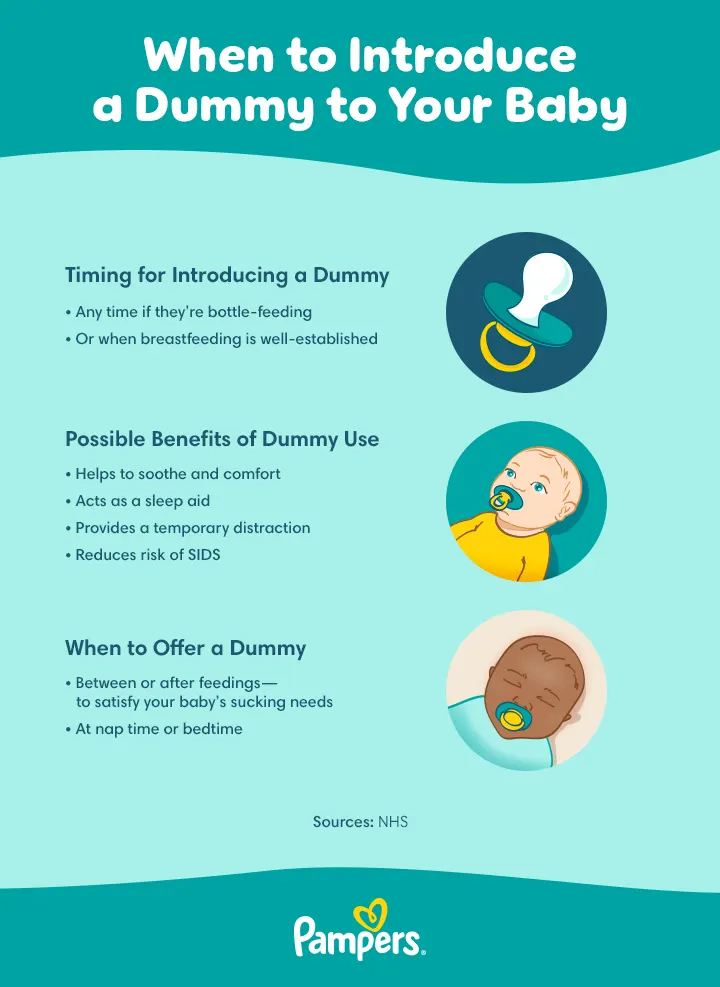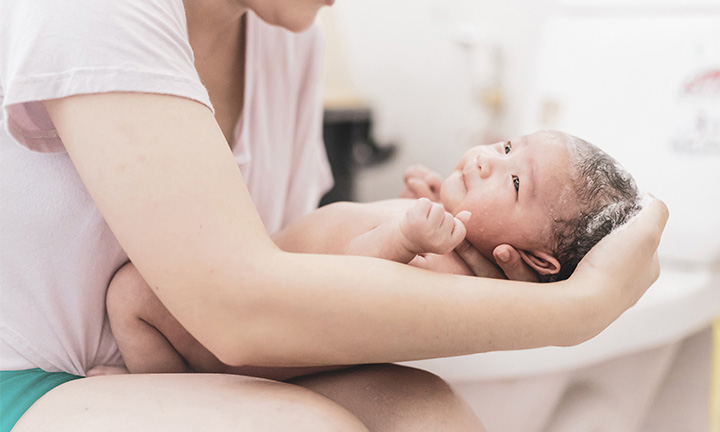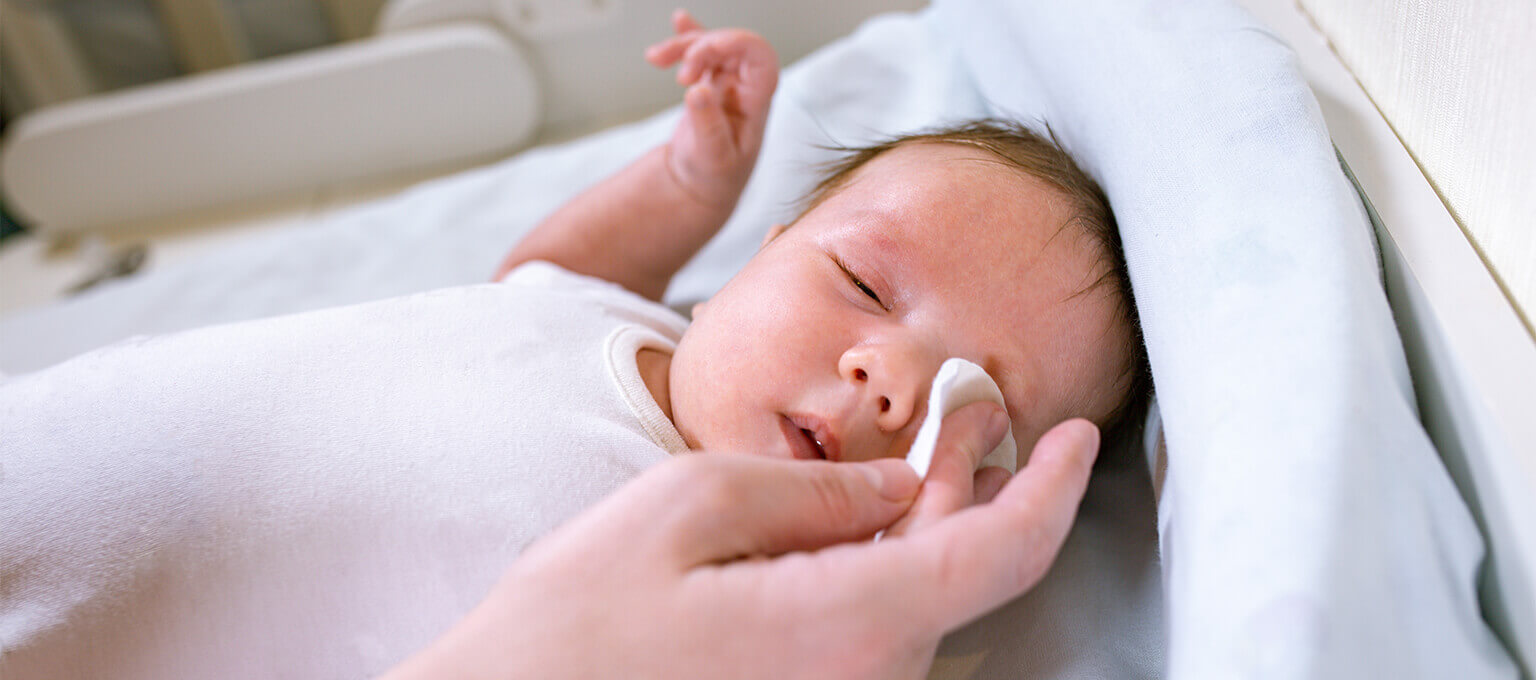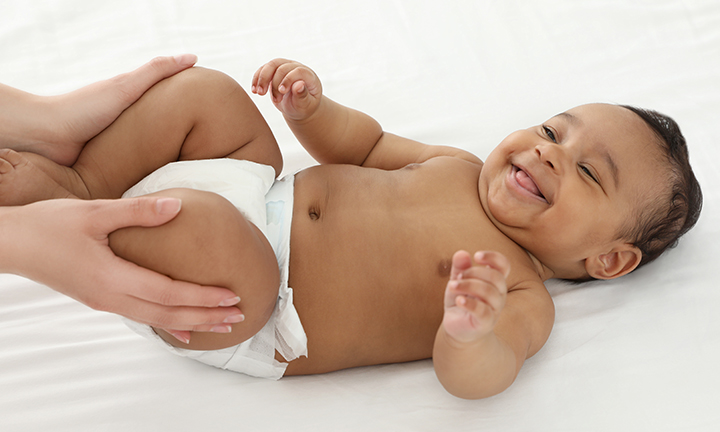
When to Introduce a Dummy to Your Baby
Deciding whether to give your newborn a dummy can be a common question for new parents. For some, dummies (also known as pacifiers or soothers) offer a simple way to soothe their baby, while others may be concerned about how they might impact feeding or development. If you’re wondering ‘Should I give my newborn a dummy’? or when the best time is to introduce one, it’s helpful to understand the guidelines around newborns and dummies. From timing to safety tips, here’s what you need to know about giving a newborn a dummy, and how to introduce a dummy to your baby in a way that supports their needs and comfort.
Do Babies Need Dummies?
Deciding whether to give your baby a dummy is a personal choice that depends on your baby’s needs and preferences, as well as your parenting style. If you’re wondering about the pros and cons of dummies for newborns, and whether you should give a newborn a dummy, you’ll be reassured to know that using a dummy can actually offer many benefits for little ones. These benefits may include:
The Benefits of Not Using Dummies for Newborns and Babies
It's normal to consider both the positive and negative outcomes when deciding whether to give your little one a dummy. Ultimately, the choice is yours. Some potential drawbacks of using dummies may include:
Impacting speech and language development. If a baby frequently has a dummy in their mouth, it reduces their opportunities to babble and make sounds. This may result in delays or issues with their speech development.
When to Introduce a Dummy to Your Baby
If you’ve just welcomed a new baby into the world, you may be wondering, ‘Should I give my newborn a dummy, and when’? and ‘When to introduce a dummy when breastfeeding’? Newborns can use dummies at any time; however, if you’re breastfeeding, it’s recommended to wait until breastfeeding is well established, typically around 4 weeks (though this varies from baby to baby), before introducing a dummy.
Dummies for Breastfed Newborns
As mentioned above, it’s recommended to wait until you and your newborn have settled into your nursing routine before introducing a dummy to a breastfed baby. Introducing a dummy too early might interfere with your baby’s ability to latch properly, potentially impacting milk supply and breastfeeding success.
If you have any questions about breastfeeding and when to introduce a dummy, check in with your baby’s health visitor or with a lactation consultant for personalised guidance.
Baby Development Milestones Taking care of your baby is one of the most important responsibilities as a parent. Track your little one's development with our articles! Explore baby milestones
Safety Tips and How to Introduce a Dummy
If you plan to offer your baby a dummy, you may want to consider the following points and suggestions:
Can Babies and Newborns Sleep With a Dummy?
Babies and newborns can safely sleep with a dummy; in fact, having a dummy at nap time or bedtime may soothe your little one and help them fall asleep. Some experts also believe that dummies may help reduce the risk of SIDS, but more evidence is needed to confirm why and how.
If your baby sleeps with a dummy, they may wake in the night if it falls out. If they’re not old enough to put it back in their mouth themselves, you may need to help them, but only if they cry out for you.
When to Stop Using a Dummy
How long should babies use dummies? Experts suggest gently weaning babies off dummies between 6 and 12 months and avoiding their use entirely after 18 months. This is because dummy effectiveness tends to decline after 6 months of age. As babies grow older, the risks associated with prolonged dummy use, such as dental issues and middle ear infections, increase.
If your little one is having difficulty letting go of their dummy, gradually reduce the frequency and duration of dummy use to help your baby transition away from it. Perhaps limit it to sleep time or when your little one needs comfort, or try introducing different soothing methods for your baby.
If your child is older, you could use positive reinforcement, such as praise or small incentives to encourage them to give up the dummy. Creating a supportive environment can help during the transition process.
Remember, every child is different, and you should consider your child's individual needs, and consult with their GP or health visitor if you need guidance.
FAQS AT A GLANCE
If you decide to give your newborn a dummy, you can do so at any time; however, if you’re breastfeeding, it’s best to wait until your baby is about 4 weeks old to allow breastfeeding to become established first.
Babies have a natural instinct to suck, and offering a dummy between feedings or during sleep can help soothe them and satisfy this need.
The Bottom Line
Offering a dummy to your baby can provide comfort and soothing benefits. Before offering your newborn a dummy, it’s best to establish your breastfeeding routine. It's also wise to consider your little one’s preferences, prioritise safety and start to wean your child off dummy use between 6 and 12 months to reduce the risk of potential dental issues.
Remember that every child is unique, and it’s essential to adapt your approach to suit their individual needs. Consulting with your GP or health visitor can offer personalised advice and guidance throughout this process.
How We Wrote This Article The information in this article is based on expert advice found in trusted medical and government sources, such as the National Health Service (NHS). You can find a full list of sources used for this article below. The content on this page should not replace professional medical advice. Always consult medical professionals for full diagnosis and treatment.
Read more about Newborn Baby
Related Articles
Join Pampers Club and get:















